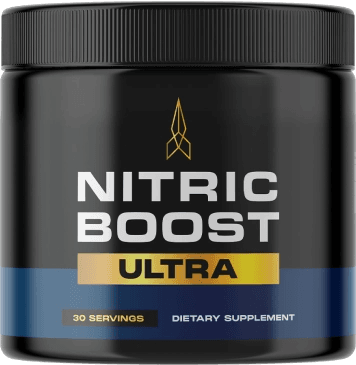Veganism isn’t just a trend—it’s a scientifically supported lifestyle that offers a wide range of health benefits. A well-planned vegan diet, centered on whole plant foods, can help prevent chronic diseases, improve overall well-being, and even extend lifespan. Here are the top 10 health benefits of going vegan, backed by science and real-life success stories.
🫀 1. Reduces the Risk of Heart Disease
A vegan diet is naturally low in saturated fats and cholesterol while rich in heart-healthy fiber, antioxidants, and phytonutrients.
✅ How it helps:
- Lowers LDL (“bad”) cholesterol
- Improves arterial function
- Reduces blood pressure
- Promotes better circulation
Studies show that people who follow plant-based diets have a significantly lower risk of heart attacks and stroke compared to meat-eaters.
🩺 2. Lowers Blood Pressure
Hypertension (high blood pressure) is a major risk factor for heart attacks and strokes. Plant-based diets, particularly those rich in whole grains, legumes, fruits, and vegetables, are associated with lower blood pressure.
✅ Why?
- High potassium intake from plants helps regulate blood pressure.
- Absence of sodium-heavy processed meats reduces hypertension risk.
🍽️ 3. Supports Healthy Weight Management
Vegans tend to have a lower body mass index (BMI) than non-vegans. A plant-based diet is high in fiber and volume but lower in calories, making it easier to feel full while consuming fewer calories.
✅ Results:
- Natural, sustainable weight loss
- Reduced belly fat
- Lower risk of obesity
💊 4. Lowers Cholesterol Levels
Animal products are the primary sources of dietary cholesterol. A vegan diet eliminates these and emphasizes cholesterol-lowering foods like oats, legumes, and nuts.
✅ The outcome:
- Reduced LDL levels
- Increased HDL (“good”) cholesterol with exercise and omega-3 intake
- Better cardiovascular health overall
🩹 5. Helps Prevent and Manage Type 2 Diabetes
Vegan diets are rich in complex carbohydrates and fiber, which help regulate blood sugar levels.
✅ Benefits include:
- Improved insulin sensitivity
- Lower fasting blood glucose
- Reduced risk of developing type 2 diabetes
Research from the Adventist Health Study shows vegans have a 49% lower risk of diabetes than omnivores.
🧠 6. Enhances Energy Levels and Mental Clarity
Many people report increased energy and reduced fatigue after adopting a plant-based diet.
✅ Why?
- Fewer inflammatory foods
- Higher intake of vitamins, minerals, and antioxidants
- Balanced blood sugar = steady energy throughout the day
💩 7. Improves Digestion and Gut Health
Fiber is essential for a healthy gut—and the average vegan consumes twice as much fiber as the average omnivore.
✅ Digestive perks:
- Regular bowel movements
- Reduced bloating and constipation
- Better gut microbiome diversity
A fiber-rich diet also supports the growth of good gut bacteria, which is linked to stronger immunity and mental health.
🧬 8. May Lower Cancer Risk
Some large-scale studies suggest that vegan diets may help reduce the risk of certain cancers, especially colorectal and prostate cancers.
✅ Contributing factors:
- No processed meats (classified as a carcinogen by WHO)
- High intake of antioxidants and phytochemicals
- Lower levels of inflammation
🦴 9. Supports Bone Health (with Proper Planning)
With the right nutrients, a vegan diet can help maintain strong bones and prevent osteoporosis.
✅ Essentials:
- Calcium from fortified plant milks, leafy greens, and tofu
- Vitamin D from sun exposure or supplements
- Weight-bearing exercise
- Magnesium and vitamin K from greens and seeds
🧘 10. Boosts Overall Longevity and Wellbeing
A well-balanced vegan diet contributes to a longer, healthier life by preventing many of the leading causes of death, including heart disease, stroke, diabetes, and some cancers.
✅ Quality of life benefits:
- Better sleep
- Improved mood
- Reduced inflammation
- Slower biological aging (based on DNA studies).




